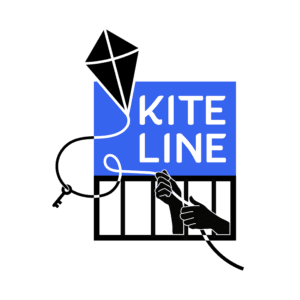Across the country, thousands of prisoners are facing consequences for their participation in the national prison strike. Some are being denied contact with the outside world, others have lost access to hot food. Others have faced violence. For many, outside solidarity has meant the difference, like the prisoners at an Indiana prison facility who were illegally charged simply for participating in a hunger strike – a right acknowledged by the Indiana Department of Corrections. But a flood of hundreds of phone calls from around the world convinced the prison administrators to tear up the charges. Phone campaigns like this are being regularly called around the US as a necessary follow-up to the strike.
So, for this week, we are sharing a range of stories about repression. We have a call with Kwame Shakur from inside Indiana’s Pendleton Correctional Facility about the hunger strike they underwent, and the story of a group of students in Puerto Rico facing years in prison for their participation in education protests. They are at a different step in the process, but the repressive apparatus is the same. As the recent phone zap in the Indiana prison system demonstrates, though, what these students face is not an inevitability, because the repressive apparatus is vulnerable to our most powerful weapon, solidarity.
